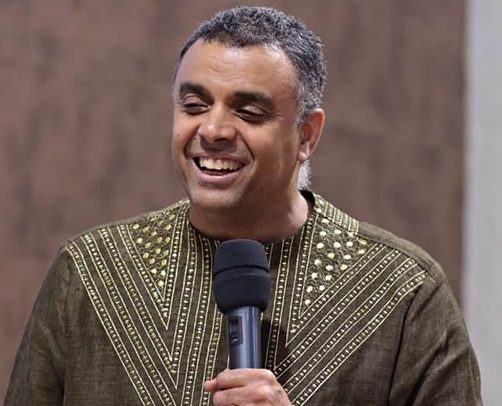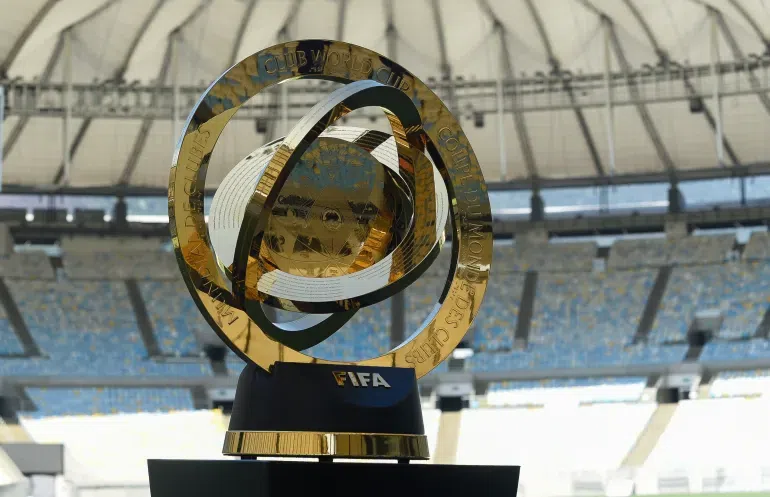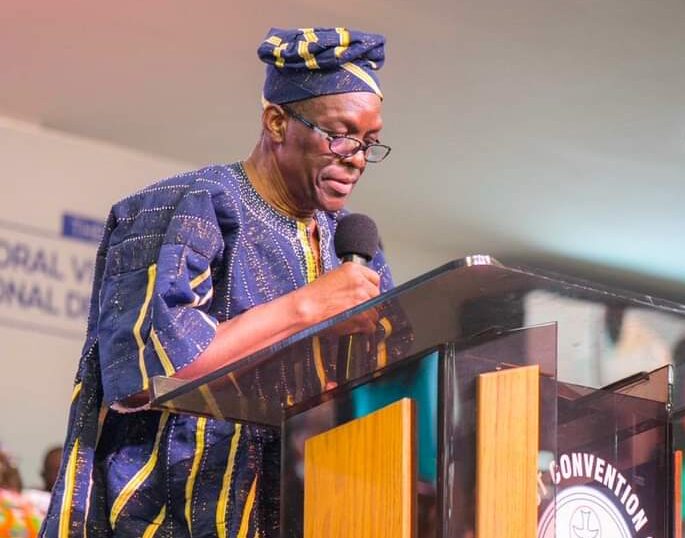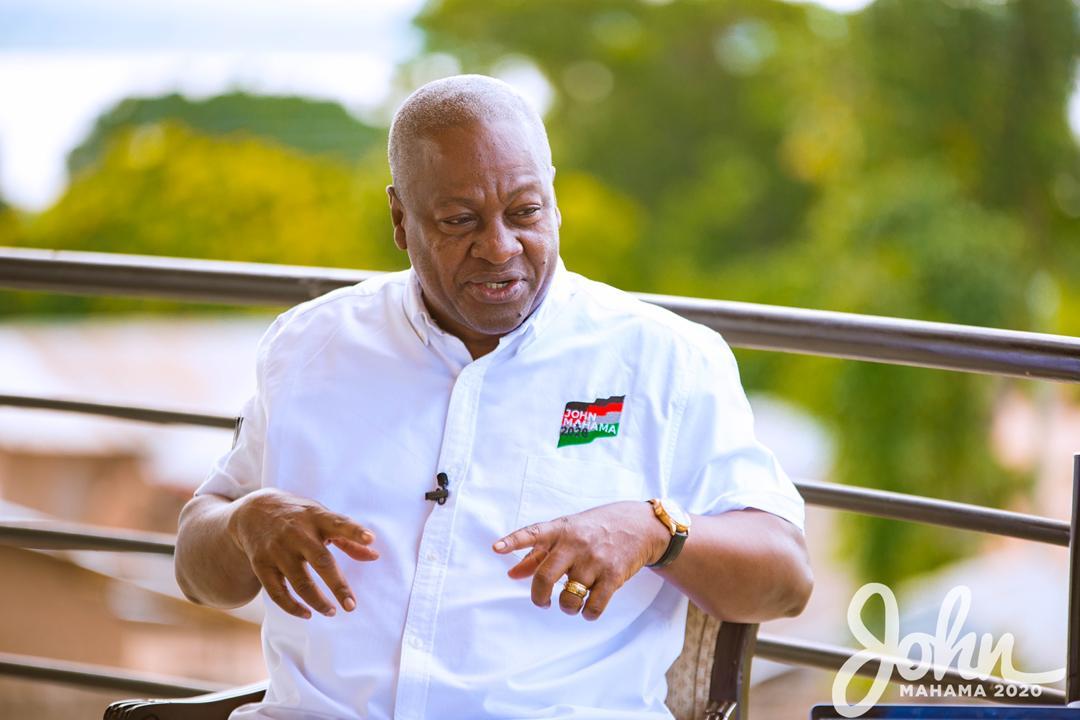
By Shirley ALEXANDER
As the world prepares to celebrate Father’s Day and recognizes June as Men’s Health month, are we overlooking the emotional and social development of the male child?
This June, while we honour the important role of fathers and shine a light on men’s physical and mental health, it presents a timely opportunity to reflect on a growing societal blind spot: the possible neglect of the male child in the global gender conversation.
We have rightly championed the cause of female empowerment and the girl-child for decades—correcting historical imbalances and opening doors long closed. But as this tide rises, we must also ask: What happens to the male child? Who is preparing him to stand alongside the empowered woman with emotional intelligence, purpose, and stability?
The unspoken imbalance
Across much of East and West Africa, and indeed many parts of the world, gender ministries, policies, and social programs are overwhelmingly focused on the female demographic. And this is understandable: the historical disadvantages faced by women required urgent redress.
However, somewhere along the journey, the male child has become a neglected stakeholder in the gender narrative.
Boys grow up with fewer emotional support structures. They are expected to be strong, but rarely taught how to process fear, vulnerability, or failure. While girls are encouraged to rise, boys are often left to “man up” without the tools to emotionally evolve.
The cost of neglect
We are beginning to see the consequences. From rising gang activity, extremism, and drug abuse, to increasing rates of male suicide and emotional instability, boys and young men are crying out—often in destructive ways.
In some cases, we see men react violently or regressively to female empowerment not because they oppose it, but because they feel displaced, insecure, and unprepared for it. This is not justification—but it is a social signal we cannot afford to ignore.
If we do not equip the male child to thrive in a world of empowered women, we risk perpetuating a cycle of conflict, resentment, and imbalance. In our rush to fix one side of the problem, we may be creating another. Healthy masculinity is not automatic. It must be cultivated.
Where are the mentorship programs for boys on emotional intelligence? Who is teaching them that strength can include empathy, vulnerability, and humility? Why are we not funding psychological support systems and life skills training tailored to the male experience?
True empowerment is not a zero-sum game. Supporting the male child is not a threat to women’s progress. In fact, it is its natural complement. Empowered women need emotionally evolved men who can lead, partner, and parent with empathy and strength.
We need governments to expand the mandate of gender ministries to include structured male development. Again, there should be dedicated funding towards research and programs focused on boys’ emotional health and education.
Delibrately, the media must promote narratives that celebrate balanced, responsible masculinity. We also need communities, schools, faith institutions, and families to join this mission.
This aligns directly with the United Nations Sustainable Development Goals (SDGs), particularly:
- SDG 3 (Good Health and Well-being): Addressing men’s mental and emotional health.
- SDG 4 (Quality Education): Supporting life skills and emotional literacy for boys.
- SDG 5 (Gender Equality): Creating a truly inclusive framework that acknowledges the needs of both genders.
- SDG 10 (Reduced Inequalities): Ensuring social support systems are inclusive of all vulnerable groups, including boys at risk.
From an ESG (Environmental, Social, and Governance) and sustainability perspective, inclusive gender discourse is part of the social pillar, which promotes diversity, equity, and holistic human development.
A shared future
We are raising the next generation of leaders, citizens, partners, and parents. And for that future to be sustainable, we must empower both genders holistically. It is time to bring the male child into the gender conversation—not to shift attention away from girls, but to ensure that as women rise, men are not left emotionally behind.
Empowered women deserve empowered men.
It Is not a competition. It is a partnership.
Shirley is the Team Lead, ESG & Sustainability, UBA Ghana.
The post Empowered women, disoriented men?: The missing half of the gender conversation appeared first on The Business & Financial Times.
Read Full Story


















Facebook
Twitter
Pinterest
Instagram
Google+
YouTube
LinkedIn
RSS